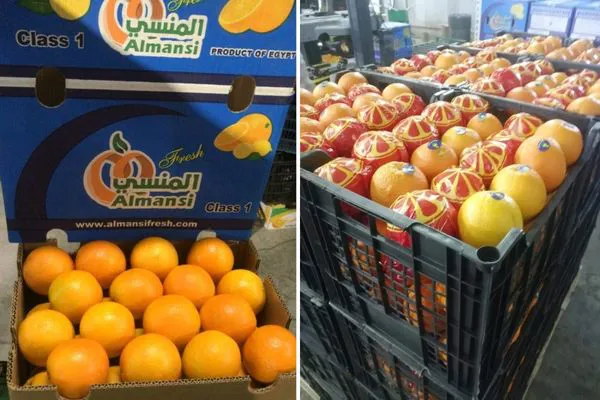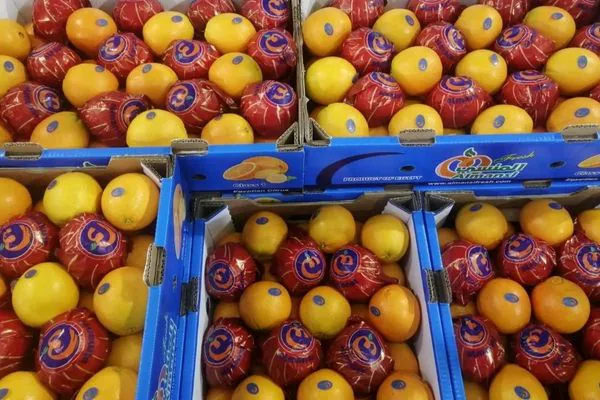This year's Egyptian citrus season comes amidst tremendous global instability, and factors that represent high risks and ambiguity for Egyptian exporters, according to Mr Mohamed Shaker, Marketing Manager of the grower Almansi. Mr. Shaker said: "While Egyptian citrus emerged unscathed, or has even benefited, from the corona crisis two seasons ago, things look complicated this season."
"There are a lot of variables and uncertainties this year. As soon as we solve one problem, others arise." Mr Shaker adds. The Egyptian citrus industry started the season in the throes of the war in Eastern Europe, which interrupted supply chains to their largest customer. "Now that the shipping lines to Russia have been re-established, we are faced with the problem of insufficient large sizes. The toll on that side is significant."
The volatility of the Egyptian pound exchange rate has also added to the confusion of exporters: "This has caused price instability. We were surprised sometimes to see competitors offering their produce at prices lower than ours by 80 to 100 dollars per ton, which is huge, the price range isn't supposed to reach such a disparity".

On the markets, there have also been surprises. For example, East Asian countries usually have a high demand for Egyptian citrus. "Malaysia, Hong Kong, and Singapore were markets that were doing very well for us last season and even carried the citrus industry at a time when the European market was slow. But this year, South Africa has flooded the market with prices half of ours. We are hopeful for East Asian markets to choose quality, and for demand to pick up again in the summer period for Valencia oranges."
Bangladesh, which is also a key customer for Egyptian citrus, has been struggling early in the season, Mr. Shaker explains: "The country had a problem with foreign exchange reserves, and the government imposed restrictions on imports, reducing the number of companies allowed to import. This also caused a slowdown that we are now starting to offset."
As for the markets that are doing well, "we have India, which is coming on strong this year."
Where is the European market in this equation? "It is currently running out of steam because of the inflation that is hitting it hard. We are being offered prices that are impossible to accept, and even lower than our production costs. I hope that Fruit Logistica will be dynamic and bring good news. Fruit Logistica was very strong in Bangkok, and I hope we will sign contracts in Berlin as well."
"Another unforeseen issue we are facing this season is the number of clients who want to change the payment terms. Many new clients insist on payment on arrival, which is difficult to accept. When we find a solution acceptable to both parties, it often involves high risks for Egyptian exporters. And even when we managed to overcome the problem of shipping lines to Russia, we ran into the problem of new customers who want to impose risky payment conditions," concludes Mr. Shaker.
Almansi is exhibiting at Fruit Logistica. You can find their stand in Hall B, A-43.
For more information:
Mr. Shaker Mohamed
Almansi Fresh
Tel: +20 102 562 2070
Email: [email protected]
www.almansifresh.com
